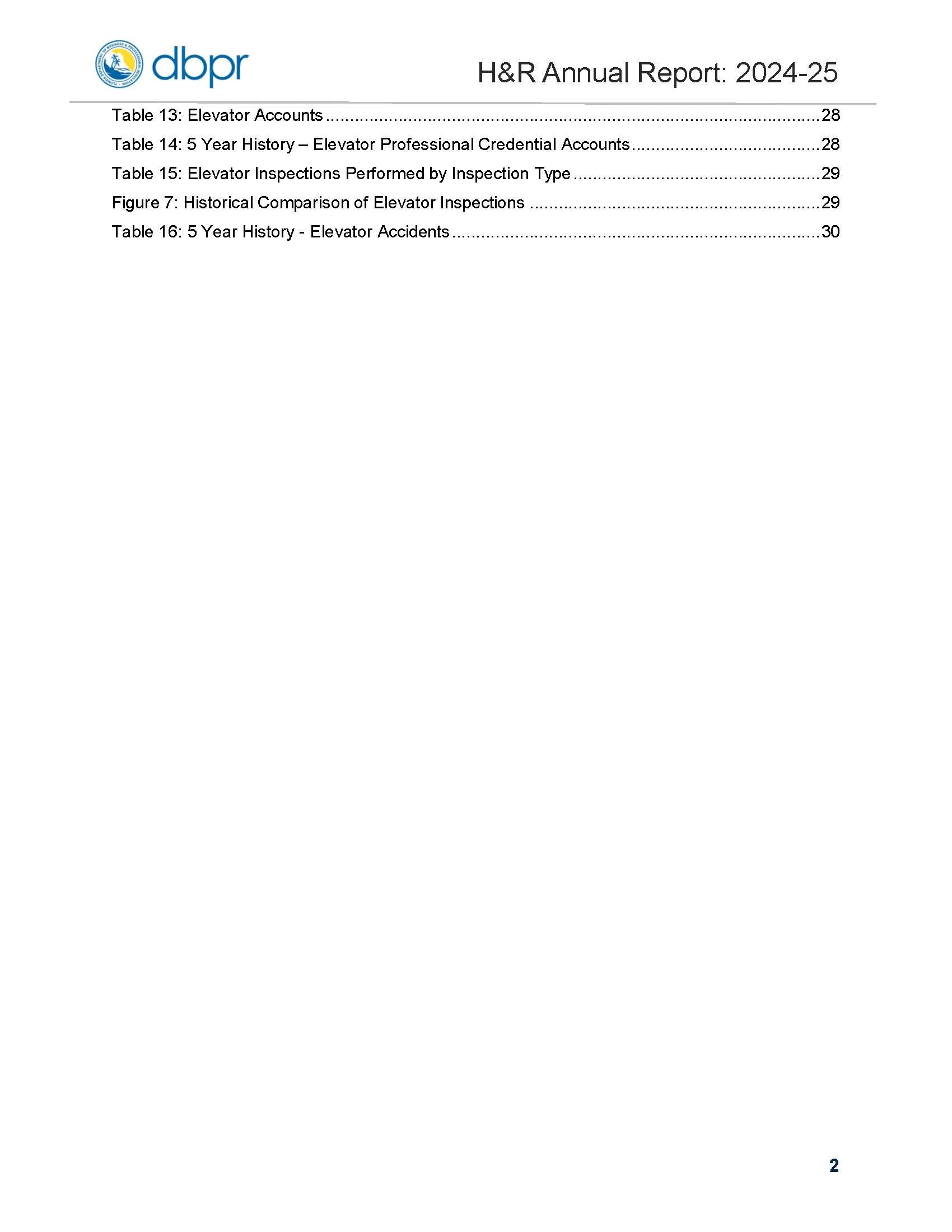State Report Shines Light on Florida’s Hospitality Industry
The Florida Division of Hotels and Restaurants (H&R) licenses, inspects, and regulates public lodging and food service establishments across the state, which makes it particularly well positioned to observe trends in the hospitality industry. Each year it is required to publish an annual report that provides an interesting perspective on the state of the industry. The full report is reproduced below and is also available as a PDF at this link.
“During FY 2024-25, the Division [c]onducted a total of 178,211 public food service and lodging establishment inspections to ensure sanitation and safety standards...”
There’s no need to check your rewards points — nobody visits more hotels and restaurants in the Sunshine State than inspectors from H&R. During the last fiscal year, its inspectors made nearly 180,000 visits to public food service and lodging establishments to ensure compliance with state laws.
Amid industry chatter about the current difficulties of launching and maintaining restaurants and bars, the state’s data directly reflects how many establishments have opened or closed over the year. The number of food licensees grew from 64,544 to 66,642 over the last fiscal year that ended on June 30, 2025 . As of October 26, 2025, that number has crept up to 67,545. Ten years ago, there were just over 51,000 such licenses reflected in the state’s records.
More recent data also shows a net growth of 812 food licenses over the first three months of FY 25-26 (July through September). This glimmer of hope is supported by a modest growth in plan review submissions, a key step towards opening for many new eateries, over the last fiscal year.
Tourism and hospitality have long been leading components of Florida’s economy. To be clear, a growth in licensed establishments does not contradict some of the challenges that existing operators have pointed out publicly and privately. Industry participants will have to hope that the silver lining in the data eventually turns into a consistent string of sunny days.
The report also sheds light on violation trends that may interest both operators and customers. The Division cited a total of 653,383 violations of sanitation and safety standards in public food service and lodging establishments over the fiscal year. Notably, 164,325 of these violations were corrected on-site.
That seems like a reflection of the Division’s business-friendly approach, one it mentions in the report, and the minor nature of many common violations. To that second point, basic violations made up more than half of the public food service establishment citations over the fiscal year, with food-contact rules being the top two most frequently-cited violations.
“More than 33% of all violations
cited by the Division were corrected during the inspection. This is an example of a business-friendly approach that focuses on educating licensees and keeping businesses operational whenever safely possible.
”
































Please note that this page is made available by the law firm for educational purposes only, and that it is not intended to provide specific legal advice. Visiting this page does not create an attorney-client relationship between you and the firm.



